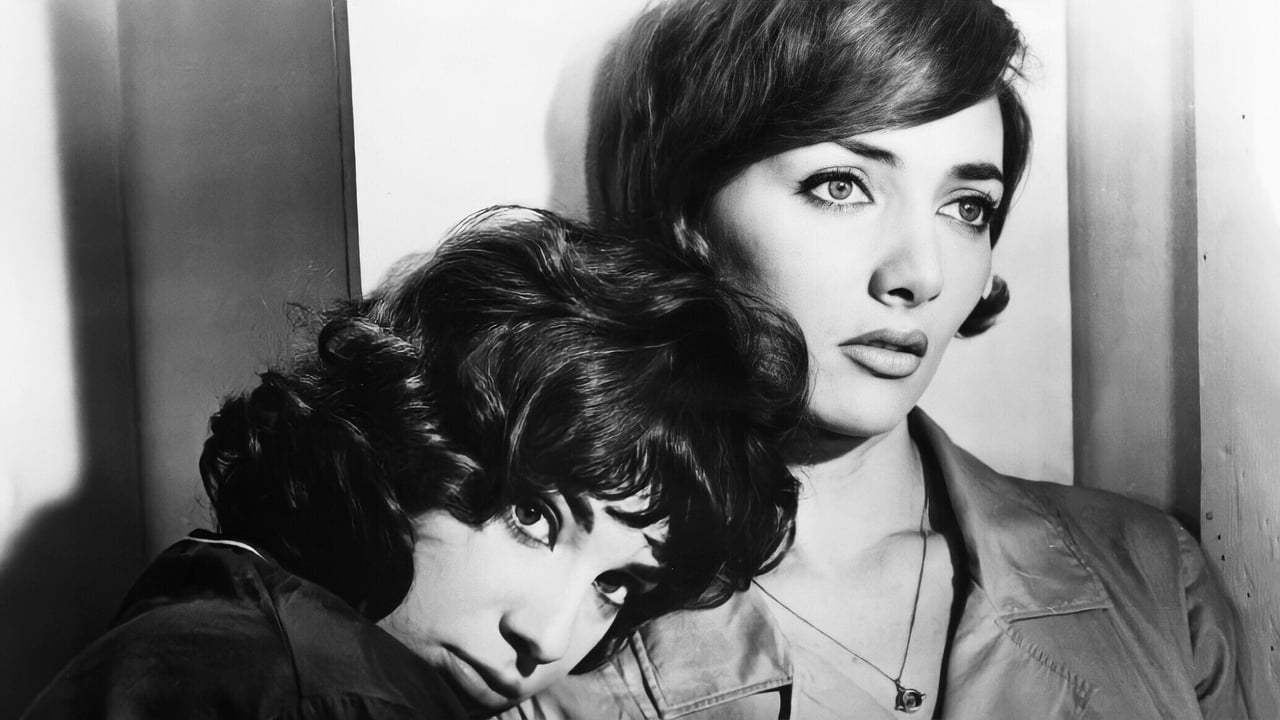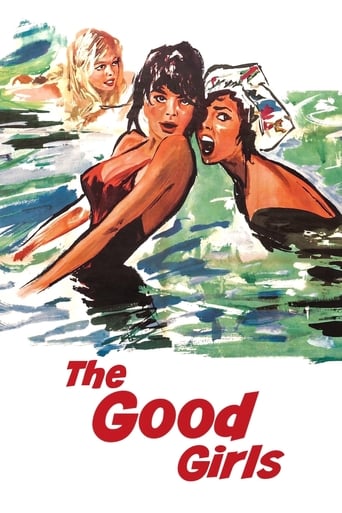

Why so much hype?
... View Morebrilliant actors, brilliant editing
... View MoreActress is magnificent and exudes a hypnotic screen presence in this affecting drama.
... View MoreThis is a coming of age storyline that you've seen in one form or another for decades. It takes a truly unique voice to make yet another one worth watching.
... View More"This is where we're going," the film says, over and over again. It whispers it. "We're going over here."I laugh. The film is joking. It must be. Yes, yes, I understand. Very funny.The film is not joking. It's taking us exactly where it promises to take us. And when we get there, it's not so much surprising that we've arrived there, as that I refused to believe the film. And yet, here we are, as promised.*** And here's where I spoil the movie for people who haven't seen it. ***Did anyone else get the impression that the women in this film aren't naive at all? They're not oblivious to the dangers of men. Quite the opposite -- they're drawn to it. The reason the murder at the end is so shocking is that it's not shocking in the slightest. From the very beginning, you know Jacqueline is going to die. You know Albert is going to kill her. The movie tells you this, over and over again. An assortment of scenes point at this fact.The music tells you. Various scenes discussing danger then we cut to Mr Motorcycle and his maniacal face. The scene with the lion. Throughout the entire picture, we know.And what's stranger still -- Jacqueline knows she's going to die. At least, that's the impression I am left with. Louise, the older woman with the bloody handkerchief, soaked with the blood of a man who killed many women. When she was a girl, she found that killer attractive. She rushed forward to the guillotine, soaked her hanky in the killer's gore, and keeps it as a "fetish", in her purse, forever.Only Louise and Jacqueline are portrayed as romantics. They're serious. They're smarter than the other women. They know more about desire. But the film implies all women are like this -- just some of them recognize it.The scene that is most disturbing is the woman dancing at the end, staring straight into the camera. Her expression says, "I know exactly what I'm doing. I know exactly what men are. I am no victim. I would gladly die for love."At least that's what I saw in this film -- an uncomfortable, creepy, disturbing concept that true love only happens when one person totally consumes (or kills) another.
... View Morei liked this film. it has an ambigious quality about it, almost paradoxical. it has a feel of a documentary and is observational in nature, yet there is a obvious message or view taken by chabrol and the women in this film. they're doomed objects of desire for men. the women have this elusive quality about them, they're beautiful and somewhat misguided about the men in thier lives. they seem unattainable, yet vulnerable to a ominous unspoken danger that awaits them that is denoted by the music. there's this creepy yet mysterious sounding music that runs through the film when the female characters roam through the streets. and for some reason, all the men in this movie are misogynist jerks! they disrespect these women and believe they're entitled to them. yet, these women flirt with them and passively resist them for most of the film. chabrol lovingly shoots these women and has affection for them, but also sadness at their romantic naivety about the men in their lives that will bring them doom.
... View MoreChabrol's career is often seen as moving from the naturalism of his early films to the extreme stylisation of his great mid-period. It's not as simple as that, but in 'Les Bonnes Femmes', Chabrol achieves a balance between the two that he has rarely equalled. The story of four shopgirls, their work and social lives, has all the plotless and poignant banality of realism, while the closing third, with its move from Paris to the country, its seducer-cum-motorbike-riding-devil (reg. no.: 666) talking about the Creator, as little schoolboys called Balthasar pass by; and its closing vision of Hell/Purgatory bespeak a more Cocteau-like world of mythology and religion. But there is Cocteau too in the framing of Jacqueline in the shop window, while Chabrol's filming of treacherous nature later on is uncommonly vivid. Although 'Bonnes' is his least typical film, it is also his most lovable, and seems to get richer with the years.
... View MoreThe film shows a weekend in the lives of four Parisian shop girls, from their Friday night out in the nightclubs of Paris through to a Sunday outing into the countryside. All four dream of escaping their humdrum existence: Ginette (Stephane Audran) is trying to start an alternative career as a music hall singer, Rita (Lucile Saint-Simon) is engaged to a shop owner, Jane (Bernadette Lafont) is wined and dined by two married businessmen, and Jacqueline (Clothilde Joano) falls in love with a biker who is stalking her. The monotony of the girls' lives is shown as they spend Saturday in the shop just waiting for the moment when they can go home. At the same time Chabrol shows a fascinating portrait of the city at work and at play. The storyline holds the viewer's interest, the acting is excellent (especially Lafont, and despite some terrible overacting from the girl's boss), and the director hints at some of the gruesome shocks of his later films.
... View More